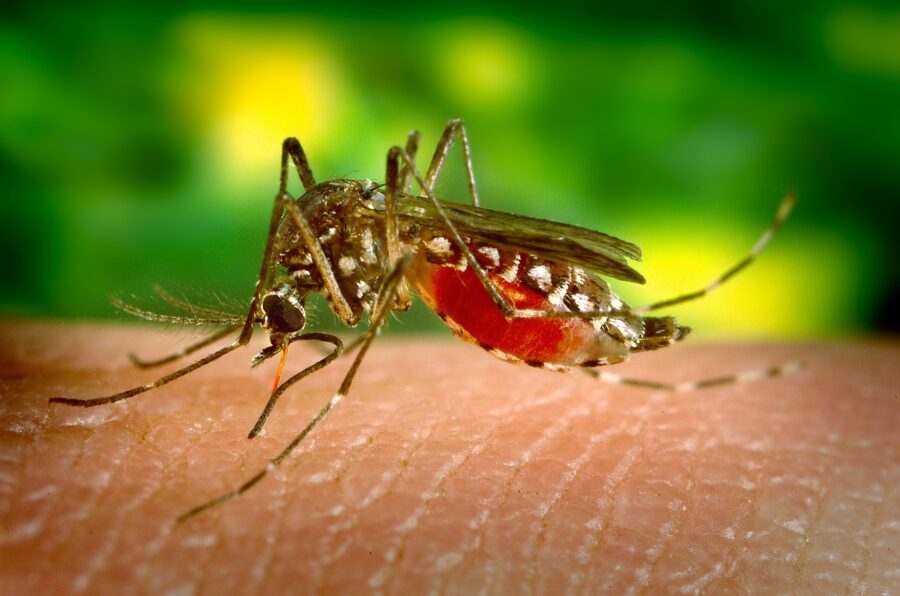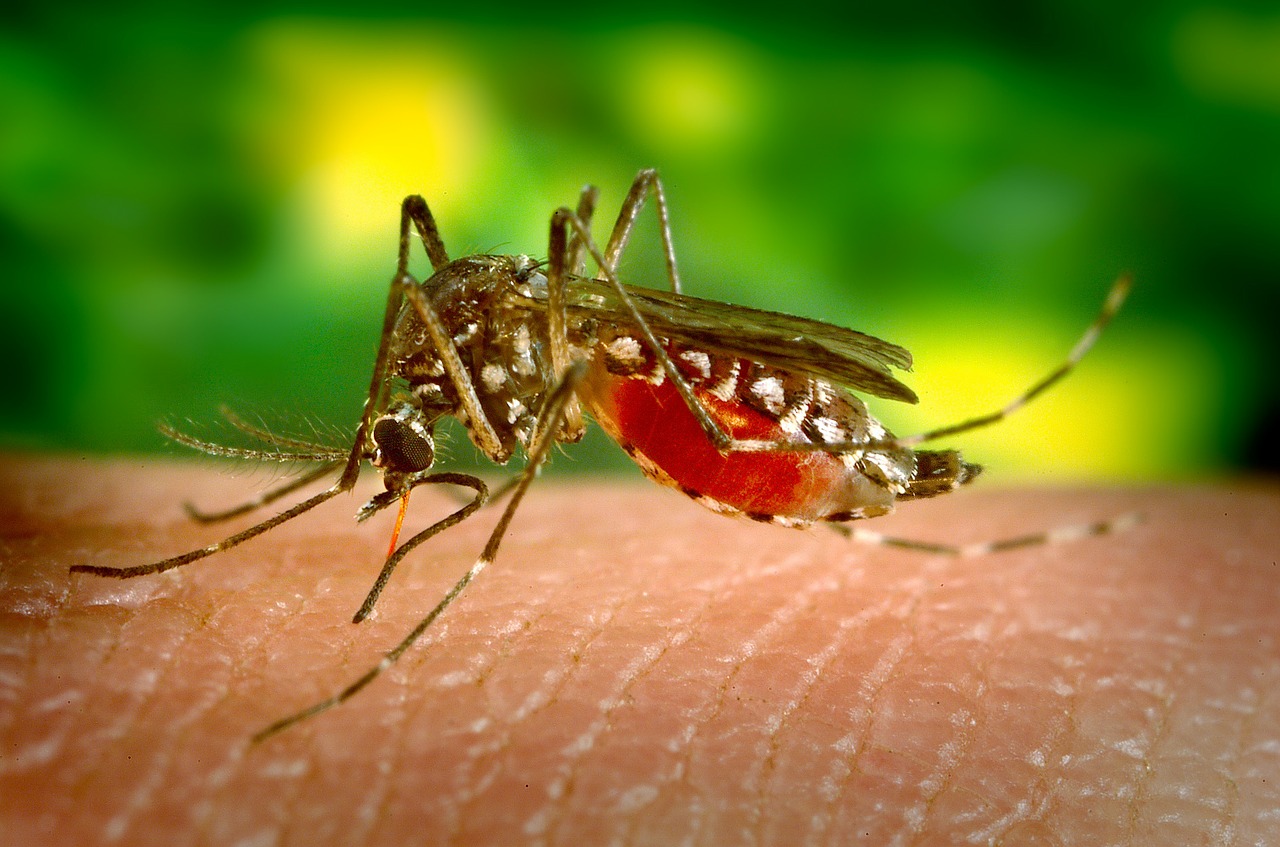
Travellers Urged to Take Malaria Precautions
The South African Department of Health has urged communities affected by malaria, as well as travellers to malaria endemic areas, to take the necessary precautions to prevent contracting the disease, and to seek treatment when they experience signs and symptoms. The department made the call as South Africa joins the Southern African Development Community in […]

The South African Department of Health has urged communities affected by malaria, as well as travellers to malaria endemic areas, to take the necessary precautions to prevent contracting the disease, and to seek treatment when they experience signs and symptoms.
The department made the call as South Africa joins the Southern African Development Community in commemorating Southern African Development Community (SADC) Malaria Day on Friday, 6 November.
“Malaria is a preventable and curable disease – when detected early and treatment is started promptly,” the department said.
South Africa’s Malaria Cases Decreased Nearly 80% in 20 Years
National Health Department spokesperson, Popo Maja, said South Africa has made steady progress in reducing malaria morbidity and mortality over the past decades.
“Malaria cases have decreased by 78% from 64 622 cases in the year 2000 compared to 13 833 cases in the year 2019, and malaria deaths have also decreased by 82%, from 459 to 79 deaths between 2000 and 2019.
“South Africa is one of four countries in the SADC region targeting malaria elimination (zero local malaria transmission) by 2023. The key challenge that South Africa faces is a high number of imported cases from travellers and workers entering the country from neighbouring high burden malaria-endemic countries,” the department said.
World Malaria Cases Decrease by Nearly 10%
According to the 2019 World Malaria Report released by the World Health Organisation (WHO), malaria cases decreased globally from an estimated 251 million in 2010 to 228 million in 2018, a decline of 9%.
“Most cases (213 million) in 2018 were estimated to have occurred in the WHO African Region (92%), followed by the WHO South-East Asia Region (3.4%) and the WHO Eastern Mediterranean Region (2.1%),” the reported stated.
In the SADC region, WHO estimated that three-quarters of the population is at risk of contracting malaria, with 35 million of these being children under five years of age and approximately 8.5 million pregnant women.
The department reminds communities at risk and travellers to malaria-endemic areas that:
- Malaria is a life-threatening disease caused by parasites that are transmitted to people through the bites of infected Anopheles mosquitoes, which generally bite at night.
- Malaria is preventable, treatable and curable.
- Everyone in malarious areas are at risk of contracting malaria, but there are some higher-risk groups including, children under five years of age, pregnant women, people with compromised immune systems, travellers from non-endemic areas and immigrant workers.
- If not diagnosed and treated within 24 hours, malaria can progress to severe illness and death.
- Malaria symptoms appear within 10-15 days after the infective mosquito bite.
- The symptoms include fever, headache, chills and vomiting.
- If people suspect that they have malaria, they should immediately consult their health care provider to be tested and treated.
- Early malaria diagnosis and treatment reduces disease severity and prevents deaths.
“Travelers from non-endemic areas to malaria-endemic areas and countries are vulnerable to the disease and need to take preventative measures. Individuals are therefore advised to take personal protection methods when visiting malaria-endemic areas within and outside South Africa,” Maja said.
For further information on the prevention and treatment guidelines, and to learn more about malaria, refer to the Department of Health website: http://www.health.gov.za
SADC Malaria Day is observed on 6 November every year. This year’s theme is ‘Community Involvement is Key to Achieving Zero Malaria’ and the slogan, ‘Together We Defeat Malaria’. – SAnews.gov.za
